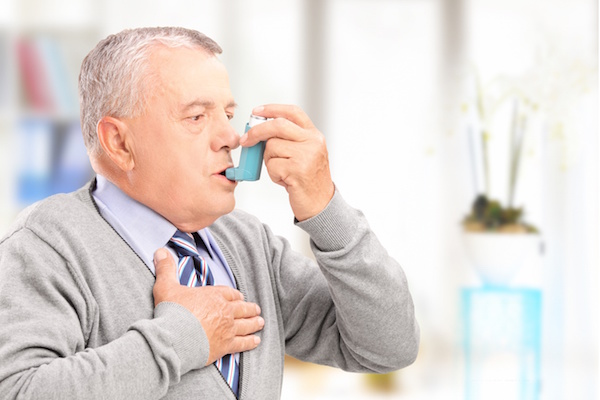
TUESDAY, May 18 (HealthDay News) — Exposure to a dangerous cocktail of smoke, dust, fumes and gases among those involved in clean-up, rescue, recovery and demolition at the World Trade Center ultimately compromised the workers’ sense of smell, new research reveals.
Such individuals specifically experienced a diminished ability to detect odors and irritants, researchers at the nonprofit Monell Center in Philadelphia and their collaborators found.
“The nose performs many sensory functions that are critical for human health and safety,” Monell environmental psychologist and lead author Pamela Dalton said in a news release. “The sensory system that detects irritants is the first line of defense to protect the lungs against airborne toxic chemicals. The loss of the ability of the nose to respond to a strong irritant means that the reflexes that protect the lungs from toxic exposures will not be triggered.”
The study, reported in the May 18 online edition of Environmental Health Perspectives, was funded by the U.S. National Institute on Deafness and Other Communication Disorders.
The findings are based on an investigation involving 102 volunteer and paid post-9/11 World Trade Center workers.
Of these, 44 percent were in lower Manhattan on the day of the disaster, and 97 percent worked at the site in the week following Sept. 11, 2001.
Although most of the study participants were unaware of any smelling hardship, the authors found that two years after the exposure, 22 percent of the workers were less able to detect odors, while almost 75 percent were less able to detect irritants that cause pain, tingling, burning, stinging and/or prickling.
In terms of irritant detection, such long-term smelling impairment was harshest among those who were on the World Trade Center site immediately following the buildings’ collapse. Such workers were rendered almost totally unable to detect irritants, the researchers found.
As a result of the current observations and the safety concerns such nasal damage might pose, Dalton and her colleagues suggest that World Trade Center responders be routinely screened for smelling impairment.
More information
For more on World Trade Center 9/11 exposure issues, visit The World Trade Center Medical Monitoring and Treatment Program.

